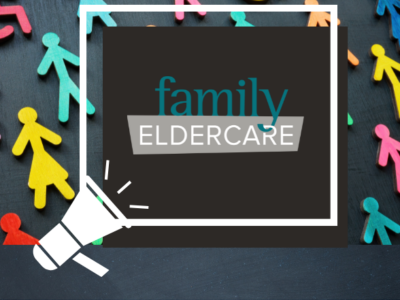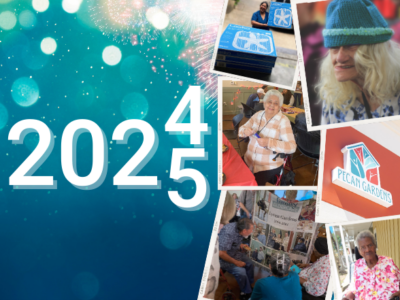Part Two of Family Eldercare’s Series on Navigating Racial Trauma
125 years ago, W.E.B. DuBois wrote about widespread medical indifference to issues of racism creating serious harms to Black health. These beliefs have begun to shift—minimally—in the last few decades. Science continues to expand the evidence base of how social injustice and racial trauma impact Black individuals and communities. Exposure to unjust police killings is not the only event that can cause racial trauma; it can occur from many other experiences as well. Constant stress and injustice can create immediate and lasting physical and emotional harm for many Black people in the United States.
With increased attention to media, it is clear that videos and images of violence against Black people can trigger trauma symptoms. Current events bring up painful memories along with feelings of anguish due to not being able to protect loved ones from danger and degradation. The more exposure you have had to violence, discrimination, or isolation from family and community, the more risk there is for trauma symptoms to persist and challenge daily living. Anger, grief, and numbness are not the issue; these are rational responses to the distress that arises in the mind and body when we are exposed to traumatic events, systems, and environments.
Decades of research performed by white scholars prioritizing white bodies has led to a lack of information on the psychological wellbeing of older Black adults. Blackness is not a monolith. Black older adults include diverse cultures, identities, beliefs, relationships, and personal histories. These experiences often include decades of navigating barriers, threats, and violence. For some, racial trauma does not set in. For others, it does. Historically, studies have indicated there are lower rates of mental health disorders (such as depression) in Black older adults. This research leans heavily on the idea that older Black adults develop effective coping skills, resulting in lower symptoms of pain, depression and trauma in later life. But there are key aspects of wellbeing that these studies miss. Often older adults may not feel comfortable acknowledging or addressing “mental health” because of the stigma surrounding mental “illness”. For older generations, there is reasonable distrust of psychiatric interventions and styles of therapy.
One of the most important ways we can honor the resilience and strength of older generations is to make space for listening. There are stories that need to be told again, and stories that have never been told before. Sometimes it is difficult to communicate across generations due to a difference in word meanings, survival strategies, and personal values. An older person may not agree with how certain problems or solutions are defined, but there is always room to celebrate the accomplishment of Aging while Black.
This post is part of the “Navigating Racial Trauma” blog series brought to you by Family Eldercare. Each Thursday in August, look for a new post exploring cultural issues affecting Black mental health and how these issues impact Aging while Black. For additional information about Family Eldercare counseling services, please visit the In-Home Counseling webpage.


